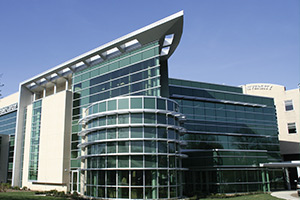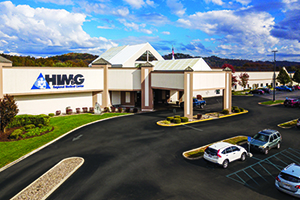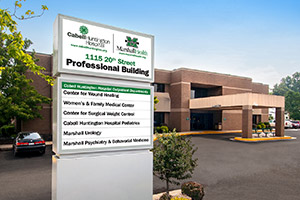A risk factor is anything that may increase your chance of having a disease. Risk factors for a certain type of cancer might include smoking, diet, family history, or many other things. The exact cause of someone’s cancer may not be known. But risk factors can make it more likely for a person to have cancer.
Things you should know about risk factors for cancer:
Risk factors can increase a person's risk, but they don't necessarily cause the disease.
Some people with 1 or more risk factors never develop cancer. Other people can develop cancer and have no risk factors.
Some risk factors are very well-known. But there is ongoing research about risk factors for many types of cancer.
Some risk factors, such as family history, may not be in your control. But others may be things you can change. Knowing the risk factors can help you make choices that might lower your risk. For example, if an unhealthy diet is a risk factor, you may choose to eat healthy foods. If excess weight is a risk factor, your healthcare provider may check your weight or help you lose weight.
Risk factors for prostate cancer include:
Gender. Only men are at risk.
Age. Men ages 50 and older are at higher risk. Almost 2/3 of all prostate cancers are found in men over age 65.
Race and nationality. Prostate cancer is more common in African-American men. It's less common in Asian-American and Hispanic men. Asian men in the U.S. are at higher risk than Asian men living in Asia.
Family history of prostate cancer. Having a father or brother with prostate cancer greatly raises a man's risk for the disease. The risk is even higher if more than 1 family member has the cancer, especially if at a young age.
Diet. Men who have a diet high in red meat or high-fat dairy foods and low in vegetables and fruits may have a greater chance of getting prostate cancer.
Obesity. Obesity has been linked with a higher risk of a more aggressive type of prostate cancer.
Chemicals in the workplace. Men who are in contact with toxic chemicals at work may have a higher risk for prostate cancer. This includes firefighters. There is also some evidence that men who were exposed to Agent Orange, which was used during the Vietnam War, might be at higher risk for prostate cancer. But the exact link is not clear.
Genes. Men with certain inherited gene changes are at higher risk for prostate cancer. But only a small amount of prostate cancers are strongly linked to gene changes.
Talk with your healthcare provider about your risk factors for prostate cancer and what you can do about them.
Although quick actions may save lives in the emergency room, rapid decisions aren’t always right for other patients—including men with prostate cancer.
Many treatment options are available for men with prostate cancer, including surgery, hormone therapy and radiation. Another choice is “watchful waiting,” sometimes called observation or surveillance. Men who choose this option delay their treatment until symptoms appear or change.
Here’s why waiting can be an option: Unlike some other cancers, prostate cancer usually advances slowly. It can take 10 to 30 years for a tumor to grow. So, some men with early-stage prostate cancer choose to “wait and see” before starting treatment. By doing so, they avoid treatment complications—such as impotence and incontinence—that could affect their quality of life.
Watchful waiting isn’t for everyone. Some men opt for surgery to remove the prostate, which remains a common way to cure prostate cancer.
Some questions to consider when reviewing the options:
Would I feel stressed knowing that I had cancer in my body and that I was putting off treatment?
How do I feel about the possible risks and benefits of treatment?
If I choose watchful waiting, can I stick to a schedule of frequent testing?
Remember, there’s usually no need to rush into a decision. Depending on what your doctor says, you may have several months to research your options. In the meantime, try talking with other men who have faced prostate cancer.

An outpatient department of Cabell Huntington Hospital
1400 Hal Greer Blvd.
Huntington, WV 25701
Phone: 304.399.6500

An outpatient department of St. Mary's Medical Center
3075 U.S. Route 60
A115
Huntington, WV 25705
Phone: 304.399.4650

A provider-based department of Cabell Huntington Hospital
20th Street Professional Building
1115 20th Street
Suite 107
Huntington, WV 25703
Phone: 304.691.1900